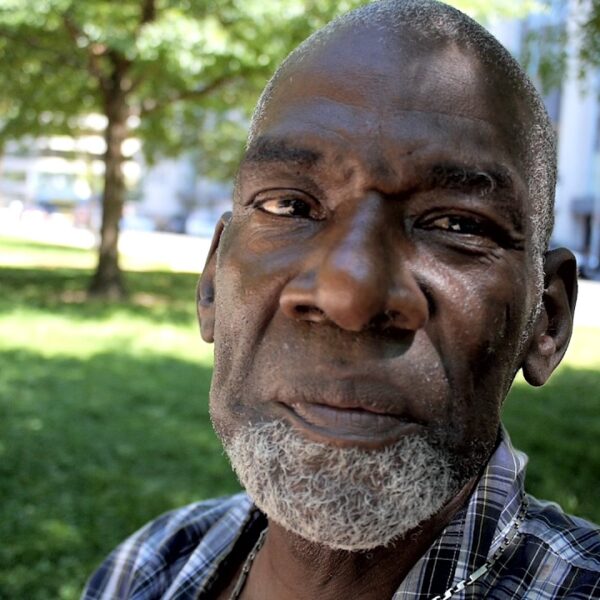Let’s Talk Rent Relief: 6-8 Million Households Still Behind on Rent, but Down from Last Year’s 40 Million
After last year’s hot mess of a season, summer has finally circled back ’round.
For many, brighter days seem to be ahead, as the number of renters at risk for eviction has dramatically dropped from the initial 40 million (projected at the height of the pandemic crisis) to somewhere between 6 and 8 million today.
This is roughly an 80% decline in under one year, a feat that is unheard of, perhaps even celebratory. But before we break out the fancy dinner dishes and balloons, it’s important to point out that upwards of 8 million renters are still at risk for falling into the horrors of homelessness, and that number is equally astronomical.
Rent Relief, Stimulus Payments, and Moratoriums: Ways in Which American Renters Narrowly Escaped An Avalanche of Evictions
While commentators attribute the bulk of the success in eviction prevention to the moratorium in place, the fact that there has been an 80% decline in the number of renters in financial default suggests that other safety nets have played a part as well.
The US Census Bureau Household Pulse Survey showed that 25.5% of stimulus payment recipients spent their payout on rent. This number hovers quite a few percentage points above the 19% who doled out their funds toward their mortgages.
For the most part, the hefty $46 billion+ rent relief package is helping the nominal number of people it reaches. This is an excellent example of success in strategy and failure in implementation.
There are reports that as of March, some state governments had not yet opened funding to the public. In many other states, the number of renters receiving rent relief is abysmally low.
Various reasons for the delay in distribution have been cited. Those most commonly mentioned include:
- Lack of government preparations
- Landlords refusing to participate because they do not want to adhere to the terms
- Lack of tenant awareness of funding
- State and city officials redirecting rent relief into other departments
- Documentation requirements creating unnecessary red tape for those in need
The list goes on. Regardless of the specifics, the fact that there is so much funding available and so few renters receiving it is truly an atrocity. As noted eviction attorney Mark A. Melton pointed out to CNBC:
“If it takes you 45 days to get money and 44 days to get evicted, what was the point of the money?”
Rent Burden is an Immediate and Lasting State of Living. On the Other Hand, Rent Relief is Temporary and Unimaginably Slow
The NLIHC warns of an “historic wave of evictions” if the moratorium expires before this money makes its way to renters in need.
There have been allegations of cities and states redirecting these funds away from renters and into other departments. In February, The Philadelphia Inquirer reported that Philadelphia redirected a whopping $96 million in funding meant to be distributed to renters to its Department of Corrections.
This is quite the slap in the face for housing advocates. They are already witnessing increased anti-vagrancy legislation in a turbulent economic climate where many working Americans still teeter on the ledge between eviction and severe rent burden.
While re-allocation is one end of the spectrum, another dilemma is timeliness. Currently, many states have only distributed between 3% and 5% of their funding. Among them are:
- California
- Arizona
- Connecticut
- Colorado
- Missouri
- Nebraska and more
Wyoming touches down on an embarrassingly low level, having distributed only .1% of its funding.
Texas holds the top slot for distributing the most money in the shortest timeframe. However, a jaw-dropping 3/4 of their statewide aid remains undistributed.
Given available data, Diane Yentel, President and CEO of the National Low Income Housing Coalition, urges lawmakers to extend the eviction moratorium until the rent relief has made it to those in need.
The Bigger Picture: A Need for More Permanent Solutions to Homelessness and Eviction
The fact that the number of renters in arrears has scaled down considerably shows that social safety nets can and do work when implemented correctly and promptly. However, that number can shift at any time. This is particularly true when we consider that rental rates and housing prices are trending upwards at unfathomable rates while wages remain stagnant.
And while it appears that all working Americans are being presented with a more robust job market than the one we saw in pre-pandemic times, the fact that Americans are hesitant to re-enter the workforce illustrates a warranted lack of trust in the current employment system as a whole.
This reaction is reasonable when we consider the desolate state of wage stagnation that continues to plague our working class. Congress has already shot down a key piece of legislation, raising minimum wage to something closer to a livable salary. Other measures, while proving some success in eviction and homelessness prevention, are, at best, still temporary.













